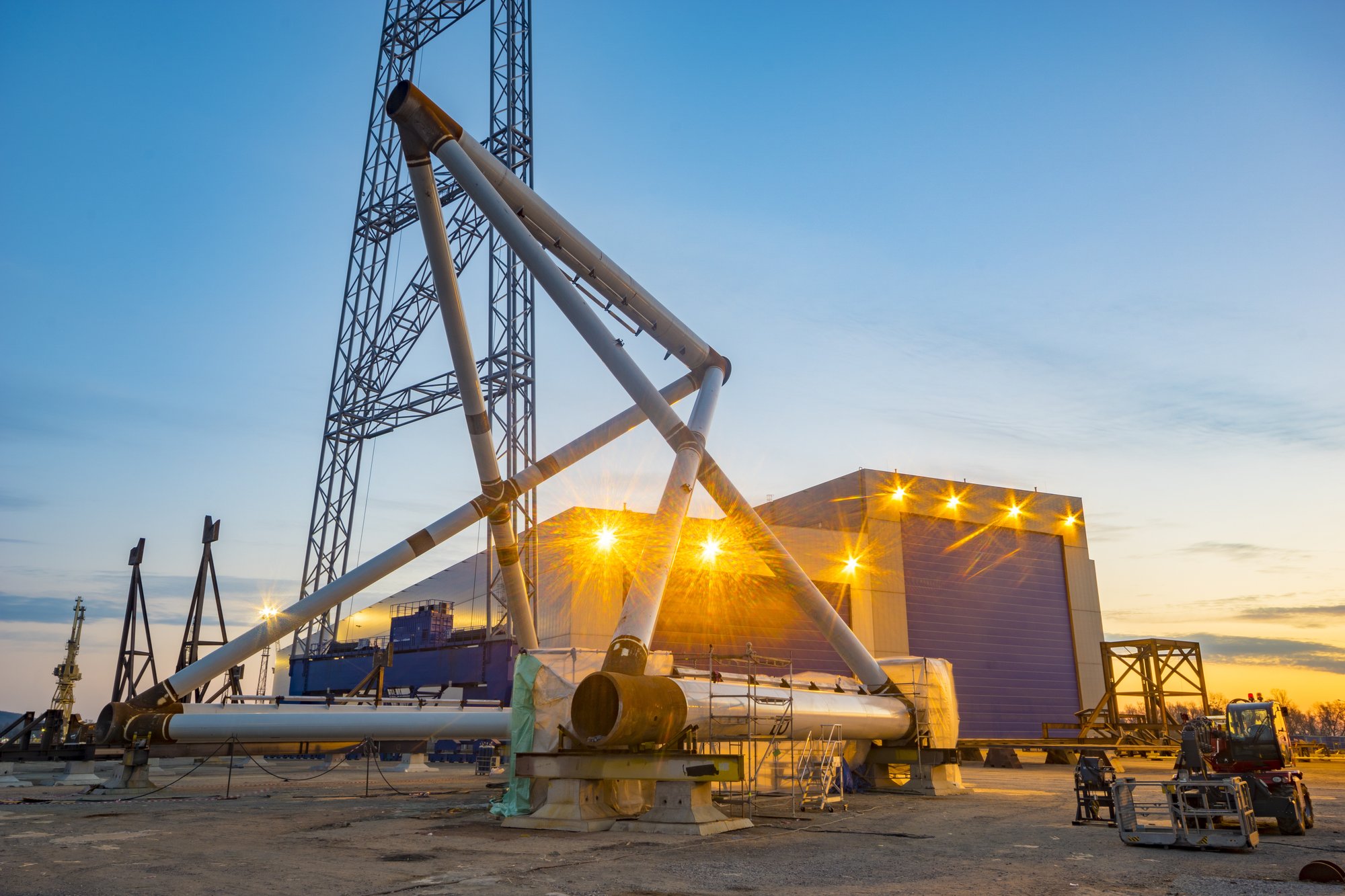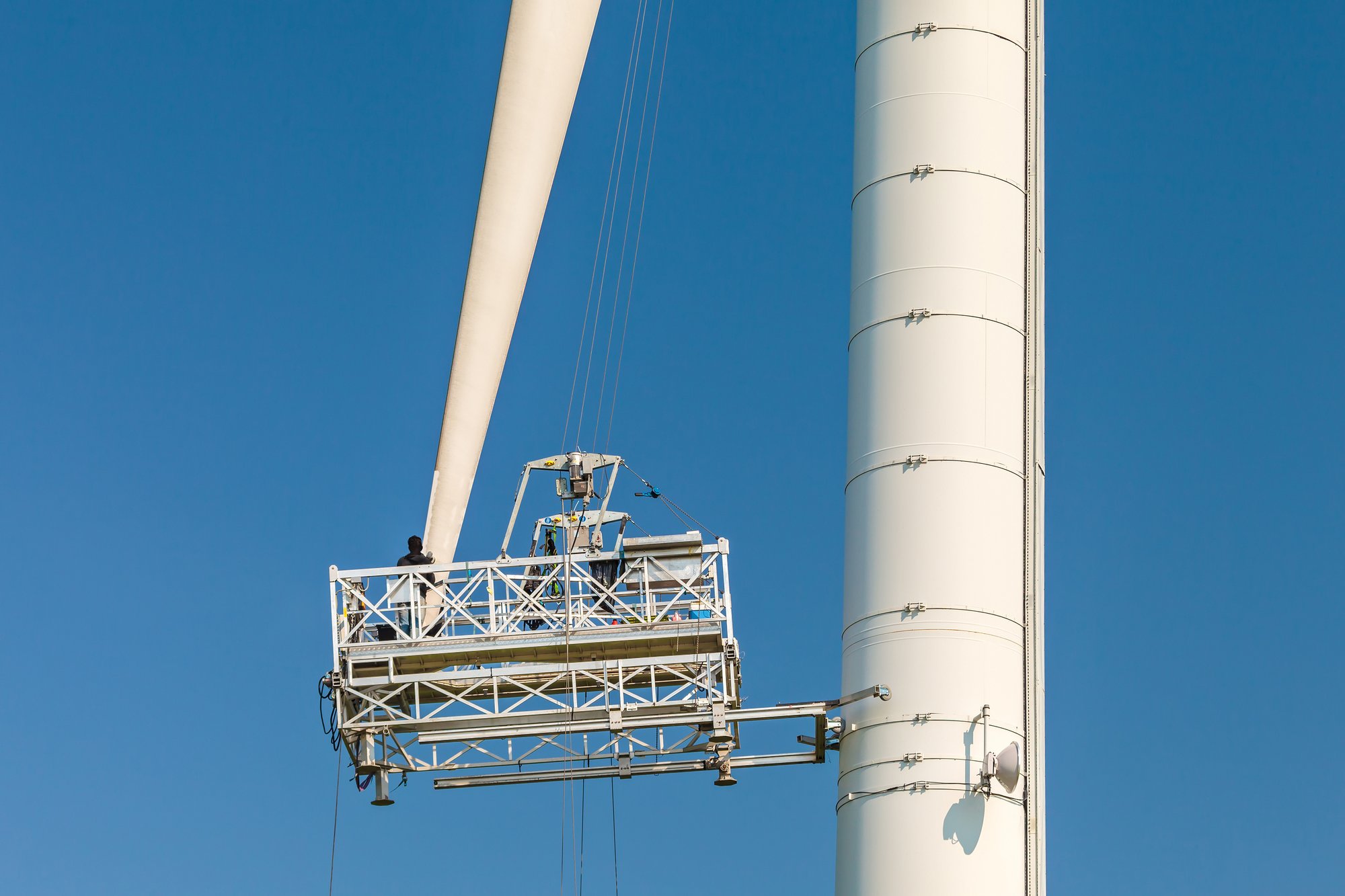An Industry Perspective on Localization:
Pro-business Measures to Drive Local Industrial Development

Beyond Local Content Requirements
A new framework to localise wind power without slowing global clean energy growth.
This new report from GWEC calls for market-friendly localisation strategies, moving beyond restrictive Local Content Requirements to accelerate global wind supply chain growth.
The report calls for a move beyond LCRs as the default tool for localisation. Instead, GWEC urges governments to embrace flexible, investment-friendly industrial strategies that build strong, future-proof supply chains—and keep the global energy transition on track.

Overview
As countries strive to build resilient, localised supply chains for wind energy, many are turning to Local Content Requirements (LCRs) to stimulate job creation and industrial development. However, this GWEC position paper warns that LCRs, when poorly designed or overused, can drive up project costs, deter investment, and slow renewable deployment. Instead, the report presents a new policy framework that leverages international competition, workforce development, industrial incentives, and regional cooperation to localise wind supply chains more effectively and sustainably.
Using case studies from markets such as Taiwan, Poland, India, and Brazil, the report shows how restrictive LCRs can undermine the very industries they aim to support. In contrast, countries that prioritise coherent, predictable policy and align with market incentives have successfully attracted investment, created jobs, and scaled manufacturing. This paper outlines seven key policy principles for policymakers to localise strategically and inclusively—without compromising affordability, innovation, or energy transition goals.

Case Studies
- Taiwan: Overly rigid LCRs drove up costs and stalled offshore wind deployment.
- Poland: Incentive-based policies attracted investment without enforcing LCRs.
- South Africa: Policy inconsistency and auction delays undermined local manufacturing.
- India: National training programs supported a globally competitive wind workforce.

Key Recommendations
To localise wind energy supply chains while preserving cost competitiveness and deployment speed, policymakers should:
- Harness international competition: Avoid supplier lock-in by maintaining open, competitive procurement practices.
- Ensure policy coherence: Align industrial, energy, and grid policies across all governance levels.
- Provide long-term certainty: Guarantee auction visibility and stable market signals to attract and retain investors.
- Leverage local strengths: Build on existing industrial capabilities and transferable skills within the local economy.
- Offer market-based incentives: Use grants, tax credits, and infrastructure investment to encourage local supply chain development.
- Empower the workforce: Invest in training, apprenticeships, and technology transfer programs to boost local talent.
- Promote regional collaboration: Develop resilient, interconnected supply chains across borders through aligned policies and joint investment.
Contacts

Media Inquiries
Alex Bath
Communications Director
-
alex.bath@gwec.net